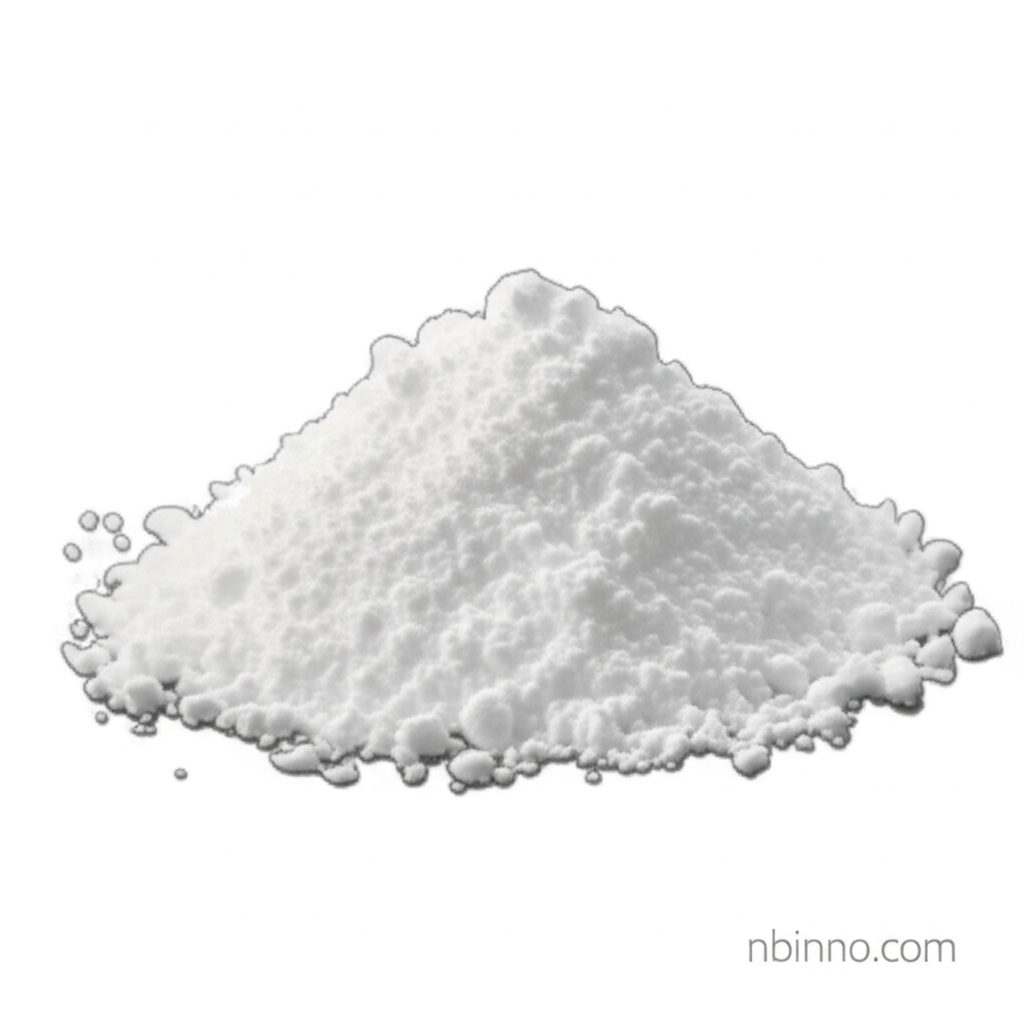Lidocaine Hydrochloride: Your Comprehensive Guide
Discover the multifaceted applications and essential properties of this crucial pharmaceutical compound.
Get a Quote & SampleProduct Core Value

Lidocaine Hydrochloride
Lidocaine Hydrochloride is a vital pharmaceutical compound renowned for its dual role as a potent local anesthetic and an antiarrhythmic agent. Its ability to block nerve signals effectively makes it indispensable in medical procedures, while its cardiac applications help stabilize heart rhythm. With a rapid onset of action and high purity options, it serves as a cornerstone in pain management and medical treatments.
- Explore the diverse lidocaine hydrochloride uses in medical practices, from surgical anesthesia to pain relief in various procedures.
- Understand the core lidocaine hydrochloride properties, including its chemical structure and pharmacological actions, crucial for its therapeutic effects.
- Learn about the extensive lidocaine hydrochloride applications, encompassing topical use, nerve blocks, and management of ventricular arrhythmias.
- Discover key information regarding lidocaine hydrochloride price and availability from reliable suppliers, ensuring access for research and medical use.
Key Advantages
Rapid Onset of Action
Experience quick and effective anesthesia, a critical factor for patient comfort and procedural efficiency, often highlighted in discussions about lidocaine hydrochloride dosage.
Versatile Therapeutic Profile
From numbing local areas to treating serious cardiac conditions, its dual action makes it a highly versatile pharmaceutical, as detailed in our exploration of lidocaine hydrochloride applications.
High Purity Options
Access pharmaceutical-grade material, crucial for sensitive medical applications and research, ensuring quality and reliability when you buy lidocaine hydrochloride.
Key Applications
Local Anesthesia
Used extensively for infiltration and nerve block techniques to numb specific body areas, providing pain relief during surgical and dental procedures.
Antiarrhythmic Therapy
Administered intravenously to manage ventricular arrhythmias, contributing to cardiac health and stability.
Topical Pain Relief
Applied to skin and mucous membranes to alleviate pain and itching from minor injuries, burns, and insect bites.
Diagnostic Procedures
Aids in patient comfort during instrumental procedures like endoscopies and intubations.
